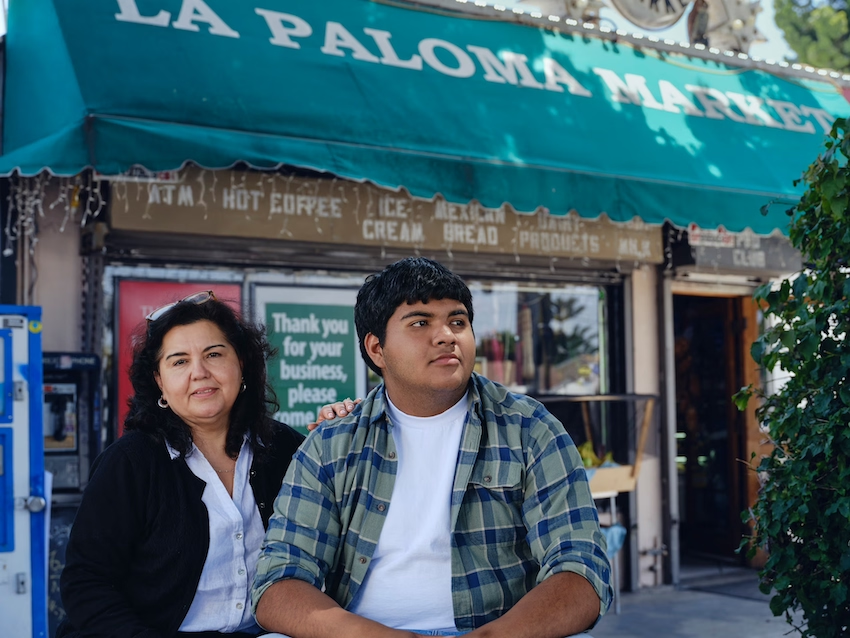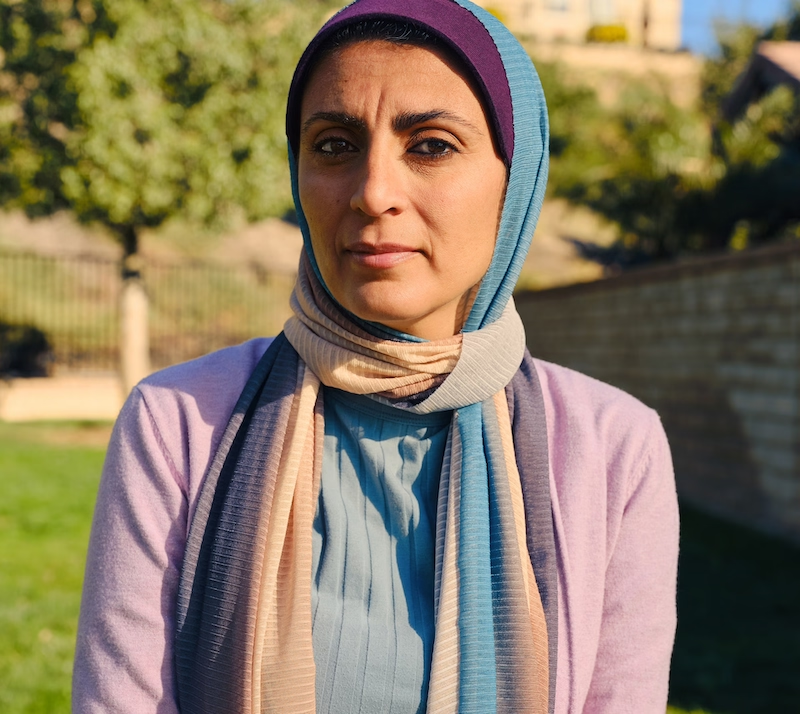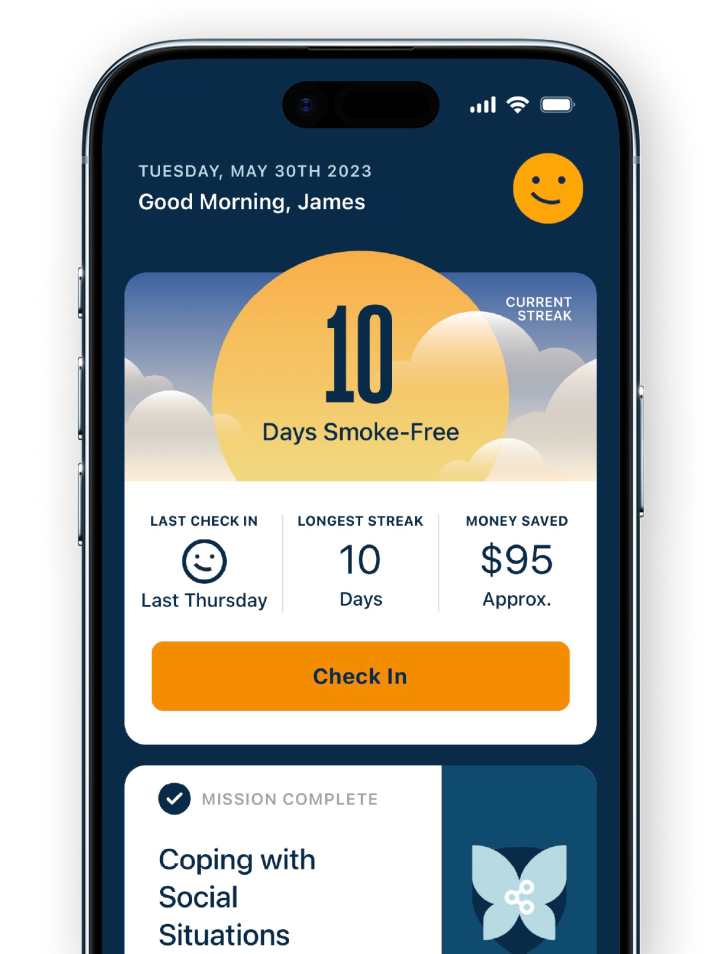Why don’t we let the tobacco industry executives speak for themselves to answer those questions?
- “Half our customers are drunk and vaping like mofos, who the (expletive) is going to notice the quality of our pods.” — Juul CEO allegedly responded with this when a distributor raised concerns about product risks in 2019.1
- “Look man, I don’t care if I’m selling diapers, vapes … pool supplies – whatever – if there’s money to be made, I’m there.” — Puff Bar CEO said on a podcast in 2018.2
- “We don’t smoke this sh*t, we just sell it. We reserve the right to smoke for the young, the poor, the Black, and the stupid.” — Former “Winston Man” for Winston Cigarettes testified in 1990 regarding what a tobacco industry executive said to him.3
- “It is important to know as much as possible about teenage smoking patterns and attitudes. Today’s teenager is tomorrow’s potential regular customer and the overwhelming majority of smokers begin to smoke while still in their teens … The smoking patterns of teenagers are particularly important to Philip Morris.” — 1981 quote from Philip Morris Report, approved by executive Carolyn Levy, who later became head of the Philip Morris’s Youth Smoking Prevention program.4
- “They got lips? We want them.” This was the answer given to Terrence Sullivan, sales representative for R.J. Reynolds, in 1990, when he asked the company which young people they were targeting – junior high kids or even younger?5
- “It’s fortunate for us that cigarettes are a habit they can’t break!” — Big Tobacco Executive [to Hill & Knowlton executive] in 1953.6
In short, it’s all about making money
The “Tobacco Industry Playbook” is famous – or should we say infamous. The playbook is a collection of methods that the tobacco industry uses to keep making money, even in the face of public outrage over the death and disease they cause. These methods have even been adopted by other industries, like Big Oil and Big Tech, looking to keep making money as evidence rolls in that they are hurting people.789
So, what are these infamous tobacco industry playbook methods? Let’s take a look at some:
- Seeding fear, uncertainty and doubt. In 1969, an R.J. Reynolds internal memo noted, “Doubt is our product since it is the best means of competing with the ‘body of fact’ that exists in the mind of the general public.”10
- Funding research studies designed to undermine scientific consensus on the health effects of tobacco and characterizing findings of harm as “junk science.”1112
- Astroturfing. The tobacco industry has created many front groups to combat public health measures.1314 Astroturfing is the term used for the faking of a grassroots movement when in reality the agenda and strategy are controlled by a hidden company or organization. Here are some tobacco industry front groups: Californians for Fair Business Policy, the California Business and Restaurant Alliance, and the Beverly Hills Restaurant Association. Sound legit? They’re supposed to.
- Greenwashing. Cleaning up their reputation to increase profits, tobacco companies tout initiatives to de-litter beaches, donate to environmental organizations, and reduce their carbon footprint.151617 Greenwashing is when controversial industries market their goods and/or image as environmentally friendly in an effort to increase product sales and divert public attention from their own environmentally damaging practices.18
- Lobbying. The tobacco industry spends millions of dollars annually on political campaigns and lobbying to continue addicting and killing people. In 2021 alone, the tobacco industry spent $31 million on lobbying at the federal level to weaken public health and tobacco control policies.19
For many, the manipulation and deceit of the tobacco industry was becoming a distant memory, with vague images of tobacco industry executives testifying in front of Congress in the 1990s before they were convicted in 2006 of breaking racketeering laws (racketeering means a business has been coercive, fraudulent, or otherwise engaged in illegal business activity), marketing to children and minority populations, and lying to the public about the dangers of smoking.2021
Fast forward a few years: Adult and youth smoking rates continue to drop along with the tobacco industry’s profits. Enter Big Tobacco’s vapes – here we are again, the tobacco industry using the same ol’ tricks and the same ol’ lines to try and confuse us. By 2016 every single Big Tobacco company owned at least one vaping brand.2223 The industry claims they are a “harm reduction” tool for adult smokers, even as the research pours in revealing the many health dangers of vapes.24 And their vapes created a youth vaping epidemic hooking a whole new generation.25
Let’s put aside for a moment that millions of kids could now have long-term damage to their brains from vaping nicotine, and let’s just look at this claim of “harm reduction.”252627 The tobacco industry’s harm reduction scam isn’t new. Vapes are just one in a long line of harm reduction scams the tobacco industry has marketed. From filters on cigarettes to low-tar and low-nicotine claims to smokeless tobacco products – the claims that their products reduce harm only to be revealed later as just another ploy to keep people hooked on their dangerous products are nothing new. Does the tobacco industry really think that marketing vaping products as a way to help free people from the harm caused by their other products is going to work? Frankly, it sounds absurd when you say it out loud.
Recently, the tobacco industry has gone as far as taking advantage of the COVID-19 pandemic to manipulate people during a stressful time. Tobacco companies co-opted government “Stay at Home” social media hashtags to market vapes, and some engaged in pandemic-themed vaping and cigarette promotions like free mask giveaways with tobacco product purchases.28 As a result, cigarette sales went up during the pandemic for the first time in 20 years, despite smoking increasing the likelihood of severe illness and death from COVID-19.2930313233
The tobacco industry has proven time and time again that they’re willing to do whatever it takes to turn a profit – lying to the public, funding its own research, and greedily targeting kids to continue selling products that take lives. It’s time to hold them accountable.














